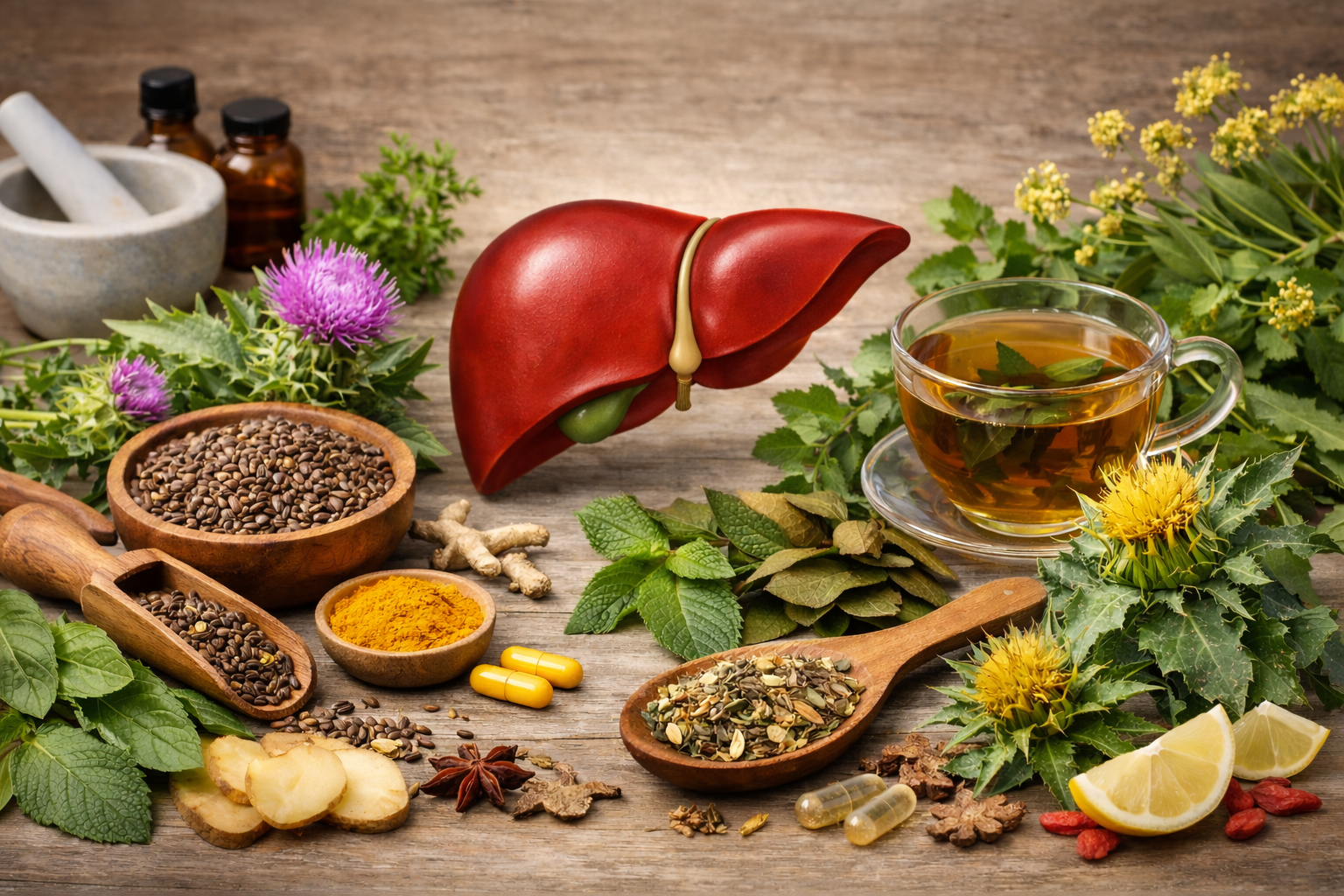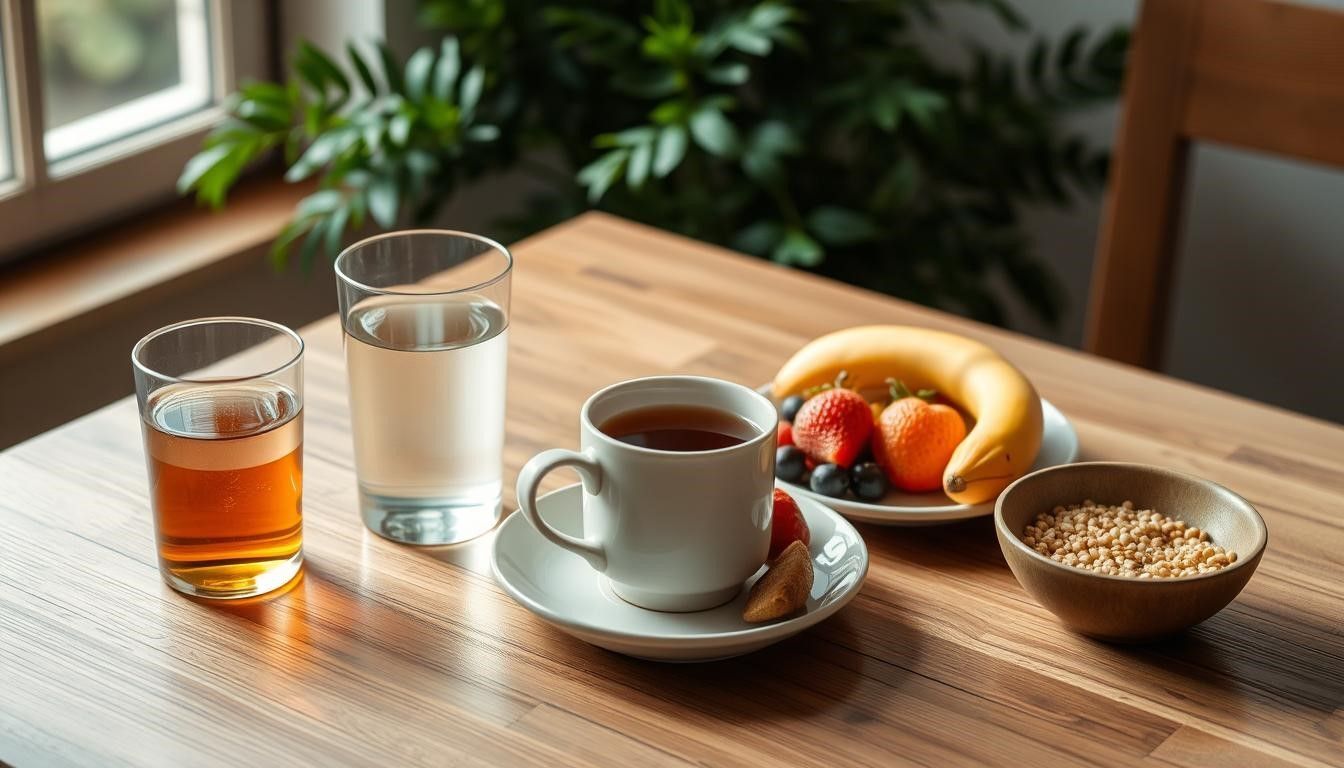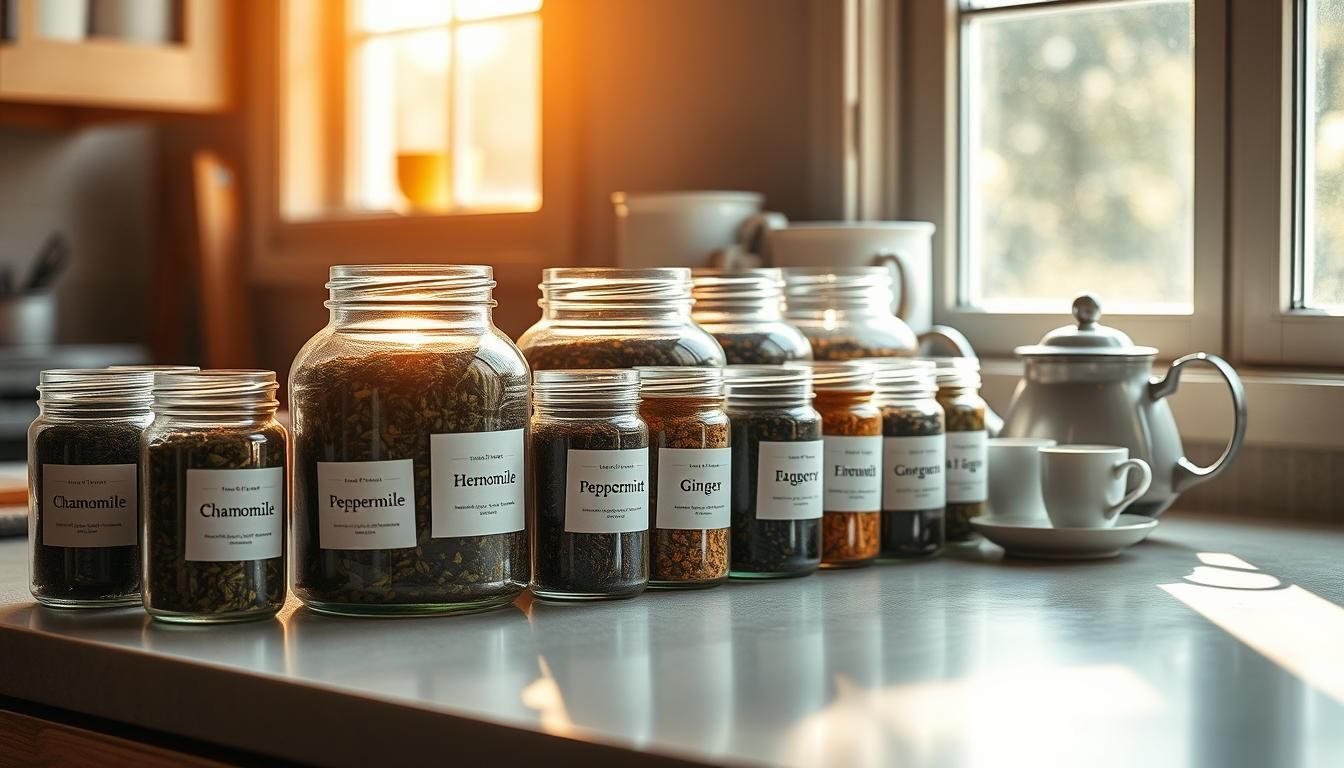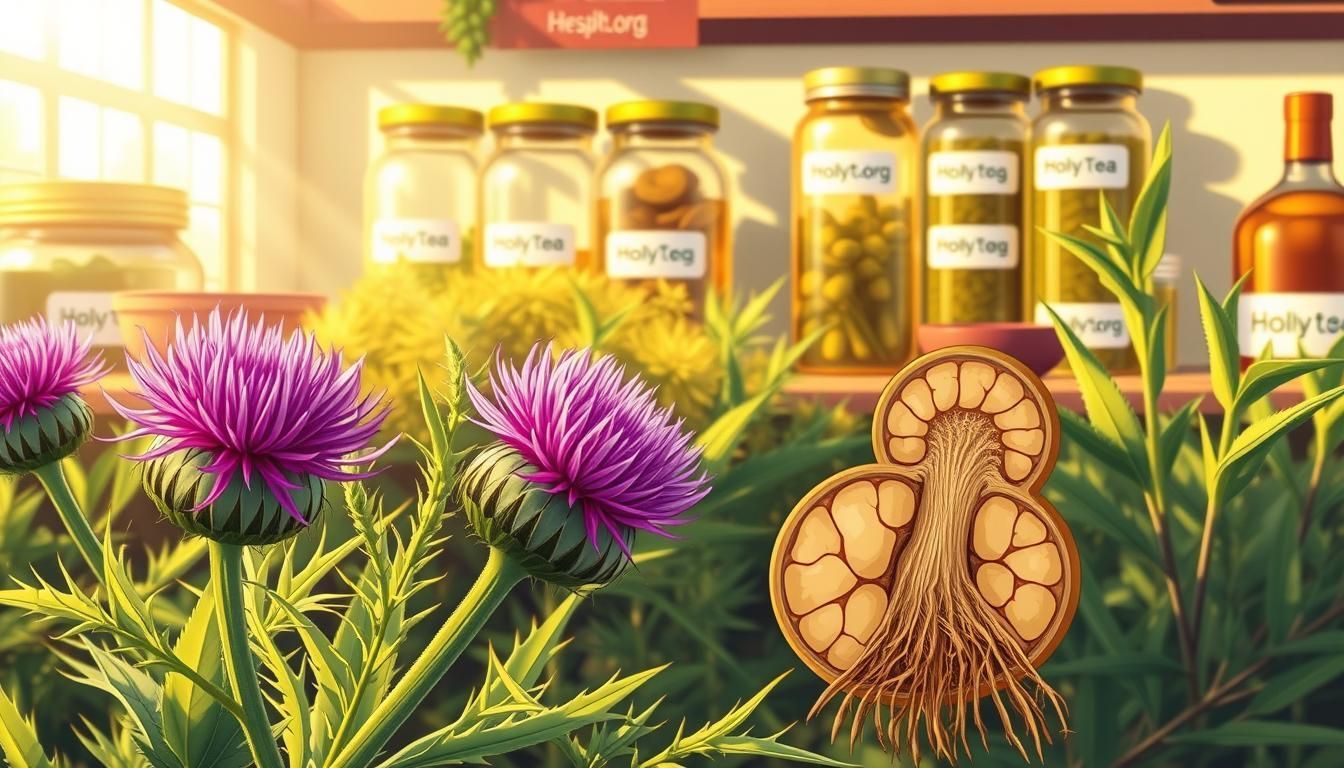Unveiling the Hidden Benefits of Persimmon Leaves
Persimmon leaves may not be the first thing that comes to mind when you think of herbal remedies, but perhaps they should be. Historically, various cultures have embraced these unassuming leaves for their remarkable health properties. In traditional medicine, particularly in East Asian cultures, persimmon leaves have been used for their soothing qualities and nutritional benefits. Yet, modern science is now uncovering what ancient practitioners knew all along: persimmon leaves could pack a powerful punch when it comes to enhancing our well-being.
Recently, a
groundbreaking study has shed light on the myriad of potential health benefits linked to these often-overlooked leaves. Rich in vitamins and antioxidants, persimmon leaves are gaining attention for their ability to combat inflammation, regulate blood sugar levels, and support cardiovascular health—all vital components of a thriving lifestyle. As interest in natural remedies continues to grow, innovative products like
Dr. Miller's Holy Tea, which incorporates persimmon leaves into its blend, are leading the charge towards integrating these hidden treasures into our diets. Are you ready to explore the potential of this extraordinary ingredient? Let’s dive deeper into the world of persimmon leaves and discover how they might just enhance your wellness journey!
Where Do Persimmon Trees Thrive?
Persimmon trees flourish primarily across East Asia, with China, Korea, and Japan serving as their natural home base. These regions have cultivated and cherished persimmon trees for centuries, weaving their leaves and fruit into both culinary delights and traditional herbal practices. Whether found in the rolling countryside of Japan or the vibrant orchards of China, persimmon trees remain an integral part of local heritage and wellness traditions.
What Exactly Is a Persimmon Leaf?
So, what is a persimmon leaf, and why is it attracting so much attention lately? Persimmon leaves are the foliage of the persimmon tree—a deciduous tree cherished across East Asia, particularly in China, Korea, and Japan. While persimmons themselves are celebrated in markets from Beijing to Kyoto, the vibrant green leaves are an unsung hero, bursting with nutritional value.
Traditionally, persimmon leaves have played a versatile role in regional cuisine and wellness practices. You’ll find them brewed into caffeine-free teas that deliver a bounty of antioxidants, including flavonoids and triterpenoids. In Japanese culinary traditions, these leaves take on another starring role—they’re often used to wrap sushi and delicacies like tempura, thanks to their natural ability to help preserve freshness and flavor.
Though persimmon trees are a familiar sight throughout Asia (and have since spread to Europe and North America), their leaves remain a treasured ingredient in everything from daily diets to ancient herbal remedies. Whether steeped in a teacup or used to carefully envelop sushi rice, these leaves bring a wealth of health-promoting properties to the table.
Nutritional Profile of Persimmon Leaves
Persimmon leaves may not be the first herbal remedy that comes to mind, but their nutritional profile is nothing short of impressive. Rich in a variety of vitamins and minerals such as vitamin C, vitamin A, magnesium, and potassium, these leaves can play a significant role in supporting overall health. For instance, vitamin C is well-known for enhancing immune function and acting as an antioxidant itself. Meanwhile, magnesium is essential for muscle function and energy production—making persimmon leaves a valuable addition to your dietary arsenal.
In addition to their rich nutrient content, persimmon leaves are packed with antioxidants. These powerful compounds help combat oxidative stress within the body—a crucial factor in preventing chronic diseases such as cardiovascular illnesses and certain cancers. The high levels of flavonoids found in persimmon leaves contribute to their ability to neutralize harmful free radicals. When we compare them to more commonly used herbal remedies like green tea or ginseng, it's noteworthy how much antioxidant potential persimmon leaves bring to the table. This positions them as an excitingly accessible alternative for wellness enthusiasts seeking diverse sources of nourishment.
Interestingly, one study highlighted that persimmon leaf extracts exhibited higher antioxidant activity compared to those derived from well-regarded herbs like rosemary and eucalyptus. It's this unique blend of nutrients combined with robust anti-inflammatory properties that makes integrating persimmon leaves into your diet particularly appealing for those focused on holistic health strategies. Traditional herbal practices often emphasize balance; incorporating lesser-known ingredients like heritage species may offer synergies that standard remedies do not provide.
To make the most out of these benefits, consider adding Dr. Miller's Holy Tea to your routine! This thoughtfully crafted blend features persimmon leaves alongside other beneficial herbs aimed at promoting digestive health and overall vitality. By choosing this option, you’ll not only enjoy a flavorful beverage but also tap into the myriad nutritional advantages that persimmon leaves have to offer—encouraging you on your journey towards holistic living.

Potential Health Benefits
Emerging research into the health benefits of persimmon leaves has uncovered remarkable anti-inflammatory properties that could be of particular interest to those struggling with chronic inflammatory conditions. The study highlighted that the bioactive compounds found within these leaves, including flavonoids and tannins, appear to inhibit inflammatory pathways in the body. This suggests a potential role for persimmon leaves in managing conditions such as arthritis or other inflammatory disorders. By reducing inflammation, individuals may find relief not only in their symptoms but also in improving their overall quality of life.
Anti-Aging Properties of Persimmon Leaves
Rich in naturally occurring antioxidants—like flavonoids, tannins, carotenoids, and triterpenoids—persimmon leaves deliver a valuable line of defense against the signs of aging. These compounds work diligently to neutralize free radicals, those sneaky molecules generated by sources as common as pollution, sunlight, and even our own metabolism. Left unchecked, free radicals can accelerate cellular damage and DNA breakdown, setting off a cascade of effects often associated with aging.
By supplying the body with robust antioxidants, persimmon leaves empower your system to fend off this oxidative stress. It’s more than just an internal advantage; these antioxidants also help down-regulate inflammation throughout the body, supporting joint comfort and helping to ease the swelling that comes with chronic inflammatory conditions like arthritis. That means a diet rich in antioxidant-packed foods—think persimmon leaves, green tea, or blueberries—may offer broader protection against the aches, pains, and lifestyle disruptions that commonly arrive with age.
But the benefits don’t stop at how you feel—they also show up in how you look. Free radical damage is a known culprit behind the weakening of skin cell membranes and the steady loss of elasticity, both of which contribute to wrinkle formation and premature aging of the skin. The high antioxidant content in persimmon leaves may help defend your skin from these effects, promoting a more resilient, youthful appearance with every cup or culinary inclusion.
By weaving persimmon leaves into your wellness regimen, you’re taking a proactive approach not just to health, but longevity—targeting aging where it starts, inside and out.
Can Persimmon Leaves Help Strengthen Joints and Prevent Injuries?
If you're curious about how persimmon leaves might impact joint health, you’re in good company. Their natural anti-inflammatory compounds, such as flavonoids and tannins, are thought to play a supportive role in maintaining the resilience of joints and connective tissues. By reducing inflammation, persimmon leaves may help keep joints comfortable and flexible—a valuable benefit, especially as we age.
Healthy joints are essential for staying active and avoiding injuries like sprains, strains, or tears, which can sideline even the most dedicated wellness enthusiast. Prevention is key here: by supporting joint integrity and helping to limit chronic inflammation, persimmon leaves could be a smart addition for anyone interested in injury prevention or seeking to maintain an active lifestyle.
Whether you’re someone who enjoys gentle walks through Central Park or energetic sessions at your local yoga studio, considering natural supports like persimmon leaves can be another valuable tool in your wellness toolkit.
Furthermore, there is increasing evidence pointing toward the ability of persimmon leaf consumption to aid in blood sugar regulation and bolster metabolic health. Scientific studies have suggested that certain components of persimmon leaves may enhance insulin sensitivity and slow down carbohydrate absorption, which helps maintain steady blood glucose levels. For those at risk for type 2 diabetes or looking to manage their blood sugar effectively, incorporating persimmon leaves into one’s diet—whether through teas or extracts—might serve as a valuable dietary strategy alongside conventional treatment methods.
Cardiovascular health is another promising area where persimmon leaves can make an impact. Research indicates that the antioxidant content in these leaves helps reduce oxidative stress on cells lining our blood vessels. This reduction could lead to improved vascular function and a decreased risk of developing various heart-related issues, such as hypertension or atherosclerosis. Additionally, some studies suggest that incorporating antioxidants into one's diet can promote better cholesterol profiles and support overall heart function. Given the rising concerns around cardiovascular diseases globally, exploring natural sources like persimmon leaves can offer refreshing options alongside traditional preventive measures.
Moreover, persimmon leaves are recognized for their potent anti-inflammatory properties, which further support cardiovascular wellness. Chronic inflammation can contribute to restricted blood flow by narrowing major arteries and organs, ultimately leading to elevated blood pressure. Compounds found in persimmon leaves—including flavonoids and tannins—not only help relax and strengthen blood vessels but may also enhance their elasticity, allowing for smoother blood circulation throughout the body. This dual action of reducing inflammation and improving vascular flexibility makes persimmon leaves an intriguing option for those aiming to manage or prevent hypertension naturally.
As the understanding of these mechanisms grows, it becomes increasingly clear that persimmon leaves hold significant promise for supporting heart health and maintaining healthy blood pressure levels as part of a balanced lifestyle.
Supporting Weight Management and Hormonal Harmony
Beyond their anti-inflammatory and metabolic benefits, persimmon leaves may play a helpful role in supporting healthy weight management and promoting hormonal equilibrium. Thanks to their traditional use in herbal remedies, persimmon leaves are recognized for their gentle cleansing effects—helping to support liver function, which is central to fat metabolism and hormone processing within the body.
A well-functioning liver filters toxins and assists with breaking down fats, making it easier for your metabolism to operate efficiently. This, in turn, can help tackle some of the root causes behind weight gain and imbalances. Since hormonal fluctuations often contribute to persistent weight concerns and can place extra strain on the body’s joints and cardiovascular system, maintaining a balanced internal environment is essential for lasting wellness.
Incorporating persimmon leaves—whether in teas or herbal blends—offers a natural way to encourage metabolic health and assist the body's normal detoxification processes. For those striving to achieve a healthy weight or restore hormone balance, this holistic approach can complement a mindful lifestyle and balanced diet, supporting your journey toward improved vitality and overall well-being.
In conclusion, from anti-inflammatory benefits to supportive roles in metabolic and cardiovascular health, persimmon leaves present exciting opportunities for enhancing well-being naturally. As research unfolds further insights regarding these leafy marvels, integrating them into daily health regimens seems increasingly appealing—not just as a nod to ancient herbal practices but as scientifically backed additions to modern dietary approaches. Those interested might consider Dr. Miller's Holy Tea, which contains persimmon leaves among its ingredients; it offers an accessible way to experience the potential benefits while indulging in soothing rituals associated with herbal consumption.
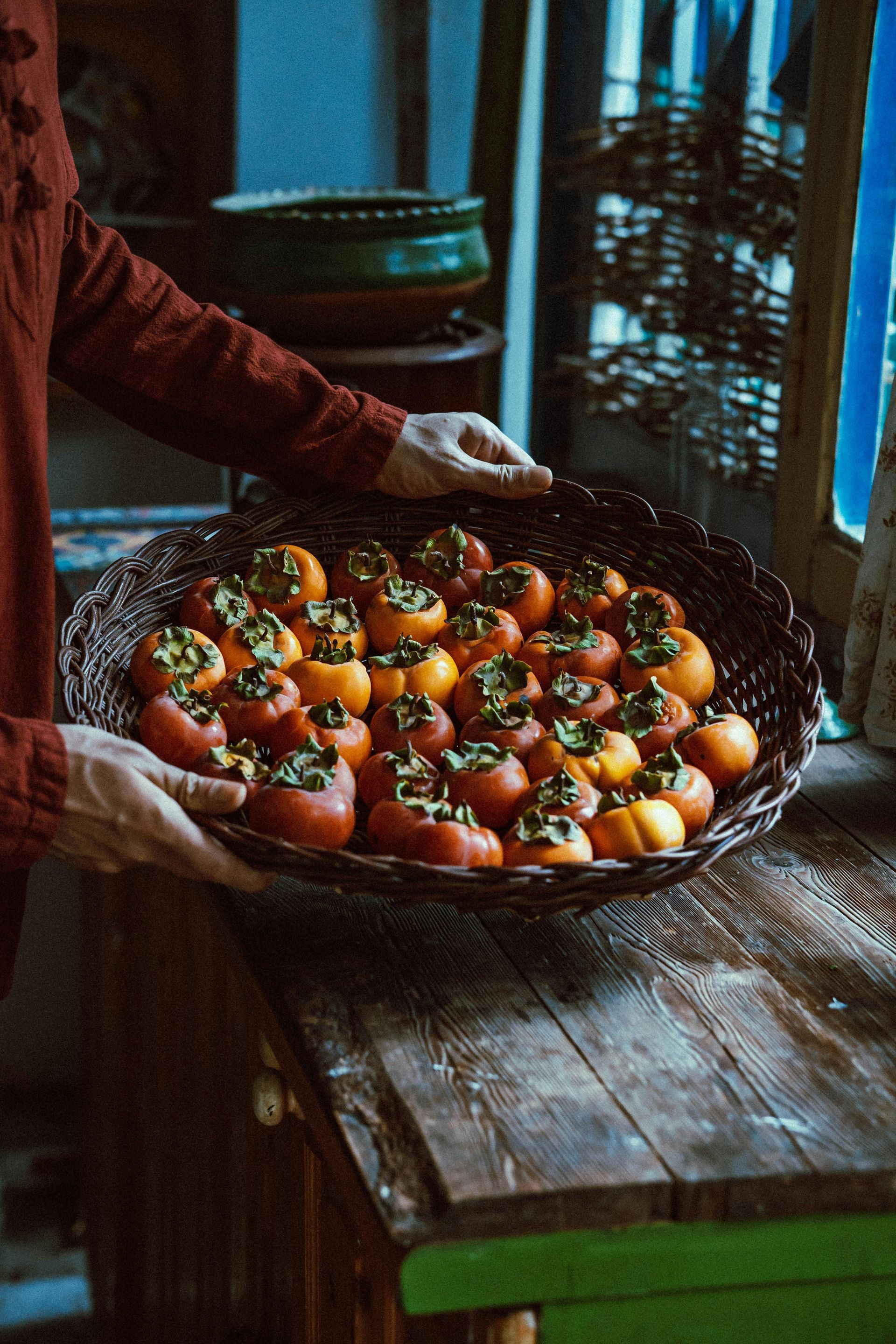
Traditional Uses in Different Cultures
Persimmon leaves have steeped in the rich traditions of herbal remedies across various cultures, from East Asia to the Mediterranean, celebrated not just for their nutritional value but also for their holistic health benefits. In traditional Chinese medicine (TCM), persimmon leaves are often used to help dispel heat and reduce inflammation. They are brewed into teas that are believed to assist in detoxifying the body and clearing up skin conditions, making them a staple among practitioners of herbal medicine aimed at maintaining harmony within one's body. This age-old practice reflects a deep understanding of nature's potential and the therapeutic properties embedded within simple plant materials.
Japanese culture similarly holds persimmon leaves in high regard, where they have been utilized not only for their health advantages but also in culinary practices. Known as "Kaki no ha," these leaves are traditionally used to wrap sushi or rice dishes—a method that both imparts flavor and preserves freshness. The Japanese also recognize the antioxidant capabilities of persimmon leaves, often incorporating them into wellness regimes that prioritize natural healing methods over pharmaceuticals. Stories abound of villages where elders would prepare homemade infusions to combat seasonal ailments, tying together community through shared knowledge of the plants around them.
Folklore further enriches our understanding of persimmon leaves' cultural significance. In some cultures, these leaves represent prosperity and longevity—symbolizing an abundance harvested from conscientious living with nature's bounty. Tales reminiscent of wisdom and healing passed down through generations speak to how earlier societies revered persimmons as sacred fruits associated with good fortune. Such narratives highlight a collective appreciation for herbs and plants not merely as resources but as vital partners in well-being throughout history.
As we glance back at these diverse applications—from medicinal brews in Chinese households to innovative food presentations in Japan—we can appreciate the profound respect different cultures have cultivated towards persimmon leaves. In modern times where scientific studies begin to validate ancient practices, there exists an exciting opportunity for individuals interested in herbal remedies to explore such traditions deeply rooted in human experience while considering personal connections through experimentation with this remarkable leaf!
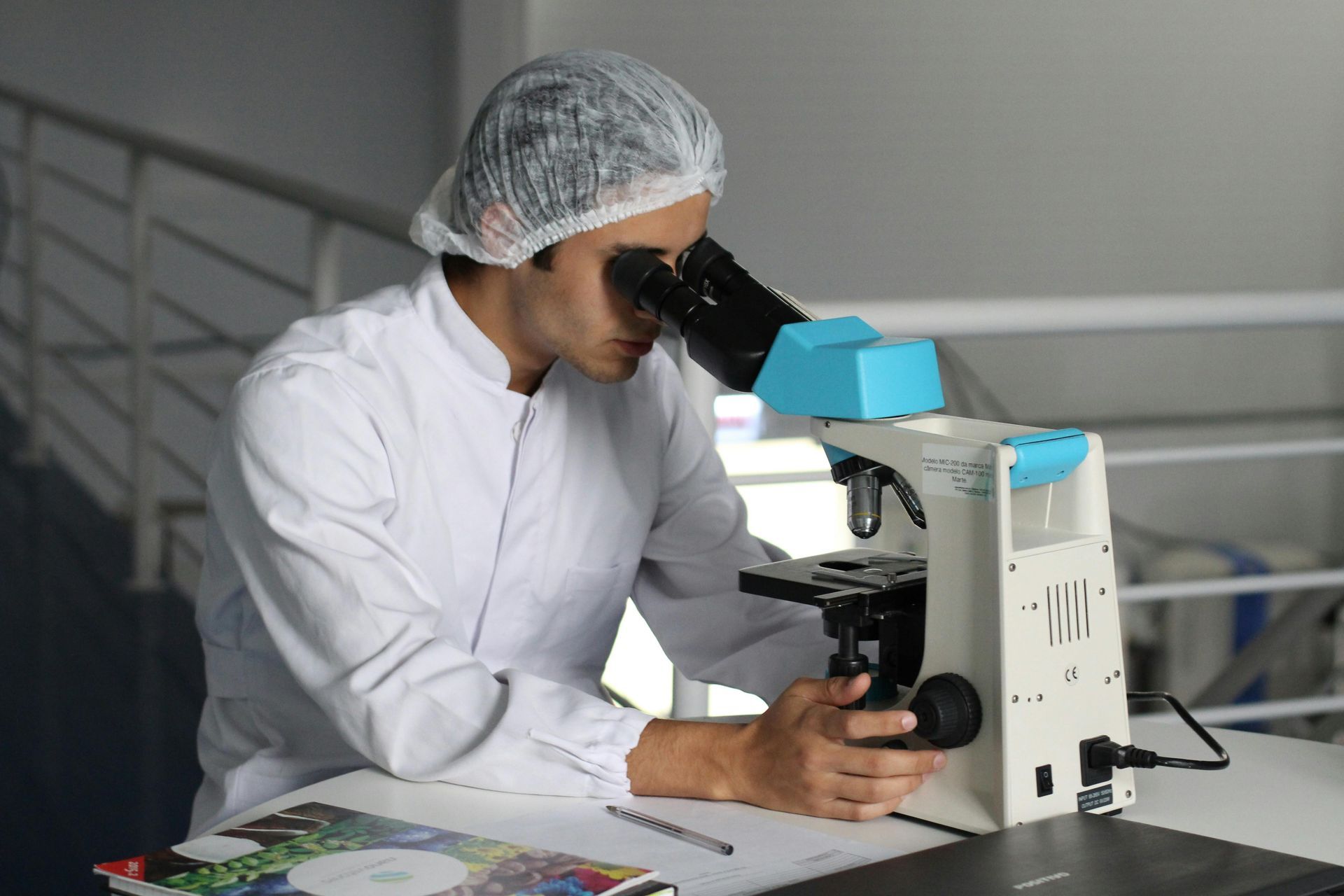
Modern Research Insights
Recent studies have begun to unravel the profound potential of persimmon leaves, revealing a treasure trove of bioactive compounds that might explain their revered status in traditional medicine. For instance, researchers have identified key flavonoids and tannins within these leaves, which possess antioxidant properties that can help combat oxidative stress and inflammation. Oxidative stress is known to be a precursor for various chronic diseases, so the ability of these compounds to neutralize harmful free radicals presents an exciting area for further exploration.
Despite promising findings highlighting the health advantages of persimmon leaves, it’s clear that more rigorous research is necessary to substantiate many of these claims fully. Areas such as specific dosages and long-term effects remain somewhat uncharted territory in scientific literature. Recent investigations have predominantly focused on acute benefits rather than prolonged use patterns—an important consideration for anyone looking to incorporate persimmon leaves into their daily regimen. Thus, while current insights are encouraging, they serve as a stepping stone toward deeper understanding.
Interestingly, modern science is beginning to validate what ancient cultures intuitively understood about persimmon leaves. The corroboration between traditional uses and recent discoveries points to a harmonious blend between herbal tradition and contemporary science. For example, the anti-inflammatory properties attributed to persimmon leaves align closely with historical applications in systems like Traditional Chinese Medicine (TCM), where they were used to treat conditions linked with excess heat or inflammation in the body. This cycle of validation not only supports the continuing use of herbs but also encourages an inquisitive approach towards integrating time-honored remedies into modern dietary practices.
Overall, as we delve deeper into understanding how these bioactive components interact within our bodies, there lies vast potential for nourishing our health through nature’s bounty—herbal wisdom intertwined with scientific investigation may just hold the keys to unlocking comprehensive wellness solutions derived from everyday plants like persimmon leaves.
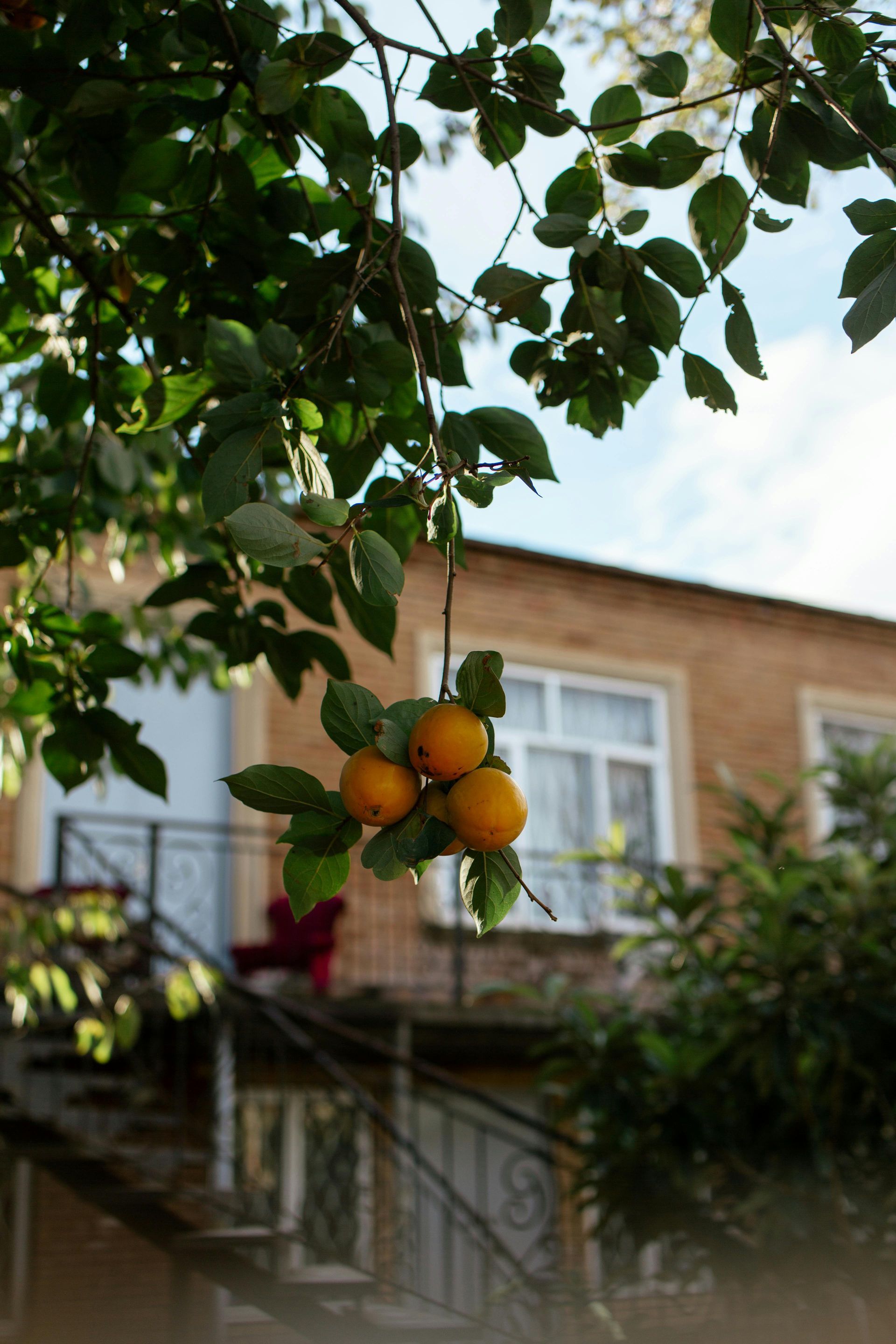
How to Incorporate Persimmon Leaves into Your Diet
Incorporating persimmon leaves into your diet can be a delightful and health-promoting venture, but sourcing the right type is crucial. It's important to seek out culinary-grade leaves that haven't been treated with pesticides or harmful chemicals. Your best bet is to check local specialty grocery stores, farmers' markets, or online herbal retailers that specialize in organic products. Ensure the leaves are fresh, vibrant green, and free from browning; these indicators usually signify quality. If you're lucky enough to have access to a persimmon tree, harvesting the young leaves yourself can offer unparalleled freshness.
Once you’ve sourced high-quality persimmon leaves, brewing them into tea is one of the simplest ways to experience their benefits. To do this, rinse 5-6 dried or fresh leaves and steep them in hot water for about 10 minutes. You can enhance this tea by adding a slice of lemon or a teaspoon of honey for added flavor. For those looking for an even more potent extract, consider simmering the leaves in water over low heat for an extended period (30 minutes), which will draw out more bioactive compounds found within them.
Experimenting with combinations can elevate the health benefits further. Mixing persimmon leaves with chamomile might create a calming tea perfect for winding down after a stressful day while also offering antioxidant benefits. Alternatively, combining them with ginger could bolster digestive health through its anti-inflammatory properties. Allusions to traditional practices suggest that adding hibiscus can contribute to heart health due to its synergistic effects when paired with persimmon leaf extracts.
For those who enjoy culinary explorations, using powdered persimmon leaves in smoothies or soups provides another avenue of incorporation without altering flavors significantly. Just remember that starting small is essential—monitor how your body reacts as you add new herbs like these wonderful leaves into your routine!
Those who want an easy entry point should consider trying Dr. Miller's Holy Tea which features persimmon leaves among other health-enhancing ingredients—all blended thoughtfully for your wellbeing journey!

Precautions and Considerations
As the excitement around persimmon leaves grows due to their potential health benefits, it's crucial to approach their consumption with care. While many people may find herbal remedies like these appealing for their natural properties, it’s vital to be aware of possible side effects or contraindications that could arise. For example, individuals who are pregnant or nursing should exercise caution and consult a healthcare professional before adding persimmon leaves to their diet. Similarly, those who are on medications that affect blood sugar levels should also seek advice, as persimmon leaves have been associated with regulating glucose metabolism.
Before embarking on any new herbal regimen—whether it's sipping a cup of persimmon leaf tea or incorporating powdered leaves into your smoothies—it's advisable to have an open conversation with a healthcare provider. They can provide insights tailored specifically to your health conditions and medications. A seemingly innocuous herb can sometimes interact with prescribed medications or exacerbate certain health issues, so prioritizing safety is critical.
Sustainability is another vital consideration when it comes to harvesting persimmon leaves. As interest in this natural remedy rises, ensuring that sourcing practices do not lead to overharvesting is essential for preserving the species and its environment. When selecting persimmon leaves for personal use, consider sourcing them from reputable suppliers who focus on sustainable practices. Not only does this protect ecological balance, but it also ensures that you’re using high-quality products free from pesticides and contaminants.
In conclusion, while embracing the wonders of nature through herbs like persimmon leaves can offer exciting health benefits, a balanced approach emphasizing precaution is key. By being proactive in understanding potential risks, consulting healthcare professionals when needed, and advocating for sustainable practices, individuals can maximize their experience while contributing positively to both personal wellness and environmental health.
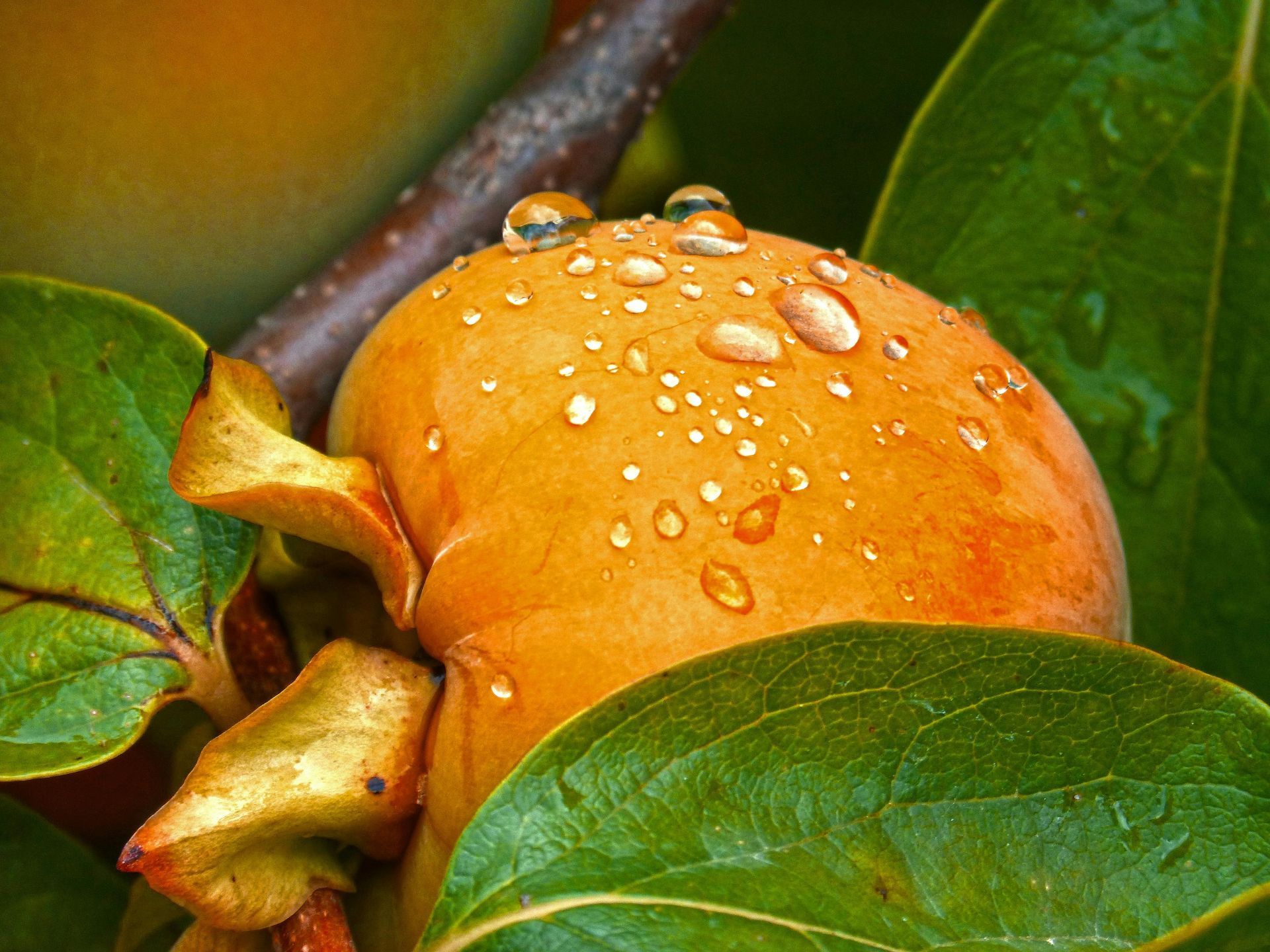
Exploring the Future of Persimmon Leaves
In conclusion, persimmon leaves offer a variety of potential health benefits that are worth considering. From their rich nutritional profile to their antioxidant properties and anti-inflammatory effects, these leaves hold promise as a natural remedy for many health concerns. Cultures around the world have embraced their use for centuries, and now modern science is beginning to catch up.
As you explore the fascinating world of herbal remedies, consider incorporating persimmon leaves into your diet responsibly. You can experiment with teas or even try
Dr. Miller's Holy Tea, which includes persimmon leaves as an ingredient—it may provide additional health benefits for you. Ultimately, further research will help us fully understand their impact on wellness, but there's no harm in diving in and discovering how these remarkable leaves can enrich your life today!
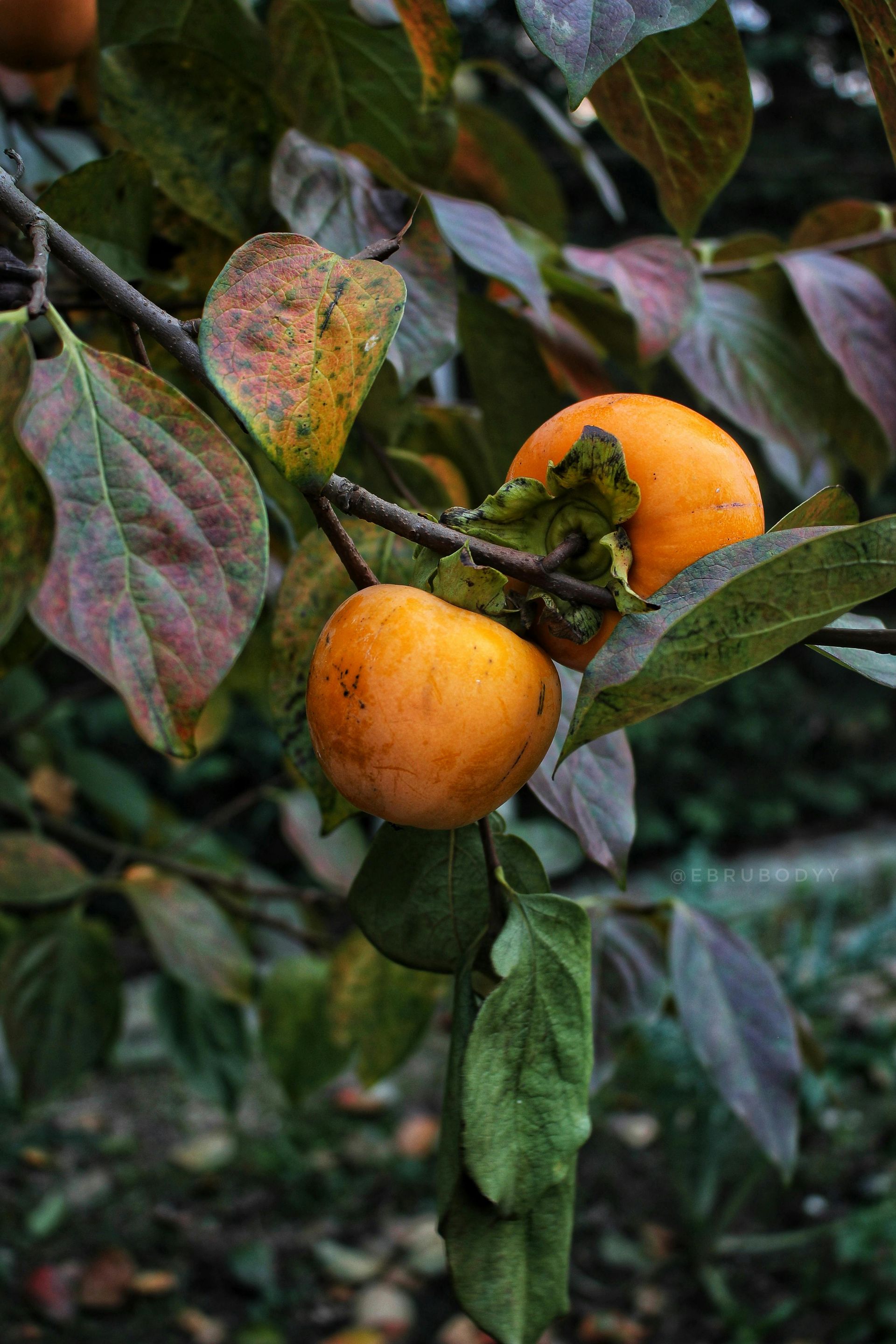
Act now to purchase or subscribe by clicking the button to obtain Your Holy Tea today!
Dr. Miller's Holy Tea provides a remarkable array of advantages that extend far beyond just a soothing beverage. It can elevate your metabolism, increase your energy, enhance your skin's radiance, and support digestion. The components of this tea contribute positively to your overall well-being. Its benefits include detoxification support, immune system enhancement, and promoting relaxation, making it an ideal complement to your wellness regimen for comprehensive health enhancement.

